Daniel Ghali, Senior Commodity Strategist at TD Securities, stated that although central bank buying seems to have decreased, uncertainty surrounding the upcoming U.S. election may make investors reluctant to sell gold, and a contested result could prolong and amplify the safe-haven buying of gold.
Ghali remarked on Monday that while some drivers of the gold market are changing, there is still significant room for growth in allocations, with geopolitical uncertainties in the U.S. and abroad laying a solid foundation for record prices.
"From a medium-term perspective, the interesting thing about the sustained rise in gold prices is that no matter where you look, there is no evidence of a substantial inflow of money into gold," Ghali said. "According to our analysis, some of the largest gold investors hold an amount of gold that is extreme relative to historical levels. Elsewhere, the physical market has essentially come to a standstill."
He added, "Perhaps this is not a story of substantial inflows into gold, but rather one that requires a brave soul to sell gold in this particular election."
Ghali also believes that market participants are unwilling to sell gold amid such strong upward momentum, noting that there are multiple factors supporting gold prices at record highs.
"There are many reasons to buy gold, geopolitical uncertainties, especially in the Middle East, could reach the highest levels since the Gulf War. The Federal Reserve has just entered a period of easing... It needs to be clear that historically, this has been associated with good returns for gold over several months, but at the same time, there is a lot of evidence that investors have actually gotten ahead of all this and have prepared for the future," Ghali said.
Ghali stated that central banks have been a key factor in the record rise of gold prices, but the strength of this trend is currently a subject of intense debate.
"According to official data, the six-month moving average of central bank buying activity has actually approached a five-year low, so many of the stories you hear in the gold market are constantly changing. However, we are not seeing the selling activity you would typically expect," Ghali said.
"I believe that in the foreseeable future, central banks will continue to buy gold. Emerging market central banks currently hold insufficient gold, so they have a long way to go to reach levels comparable to those in the West. That being said, this is actually a structural shift that began at some point in 2019. The war in Ukraine undoubtedly accelerated this trend, but it is not necessarily the driving force behind further increases in gold prices. In fact, they are not as eager to buy gold as investors are," Ghali said.
"I think that when it comes to gold prices, central banks are important to the story, but they are not the whole story," Ghali concluded.Jia Li was also asked about what the performance of gold might be if the voting results were still undecided or disputed a few days after November 5th.
He said: "We can certainly expect that the market will experience significant fluctuations. Many signs indicate that under the influence of this uncertainty, the price of gold may rise. Of course, in this environment, a large portion of the speculative community that focuses on gold will not be willing to sell gold. Therefore, although other factors may be moving in this direction, whether the outlook of the Federal Reserve will reconsider as a result."
Ghali concluded: "The question in my mind is, will this create suppressed gold selling demand after the election season? This remains to be seen."
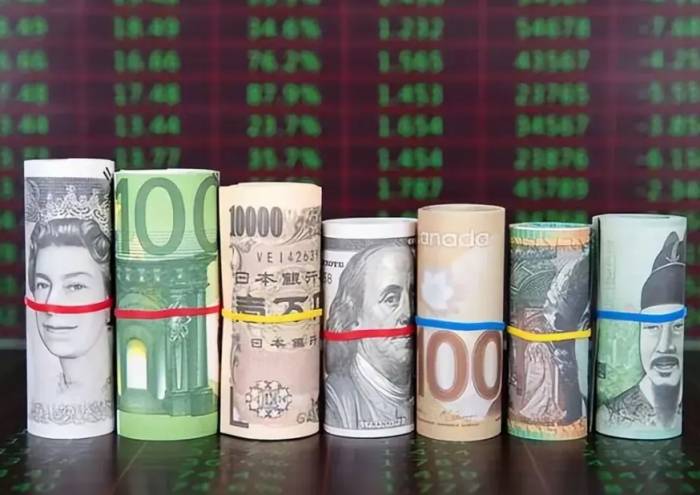
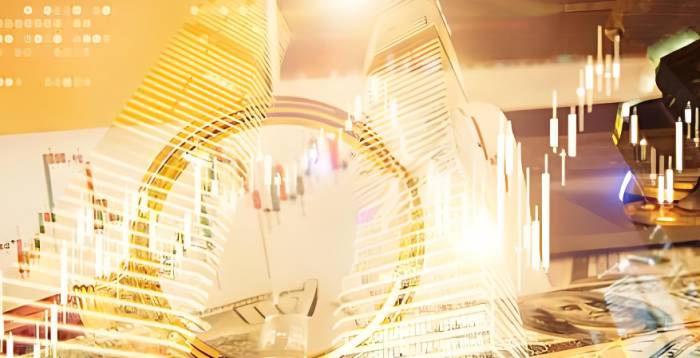

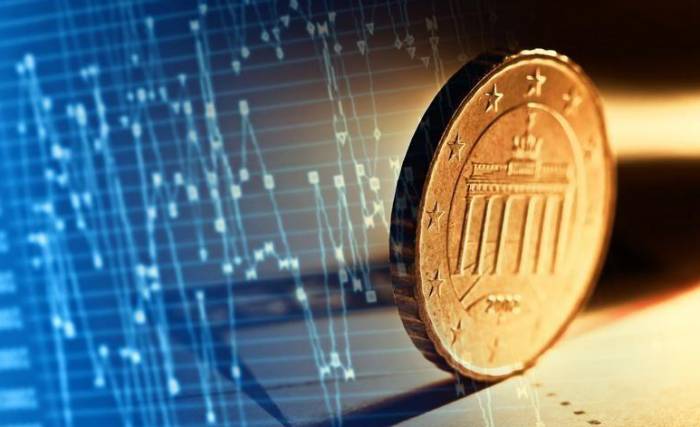
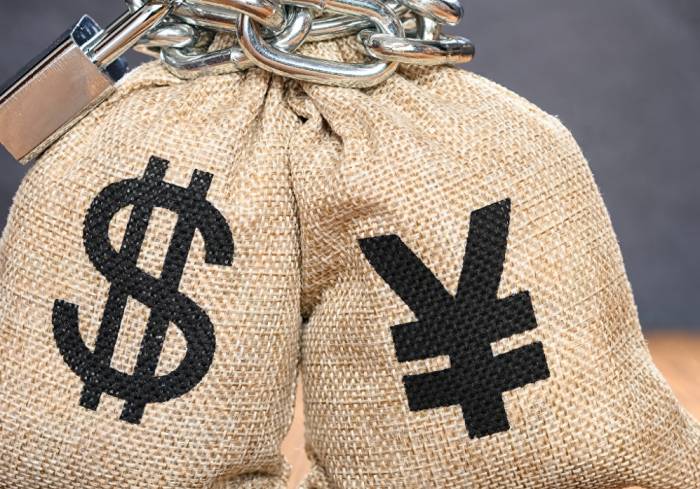

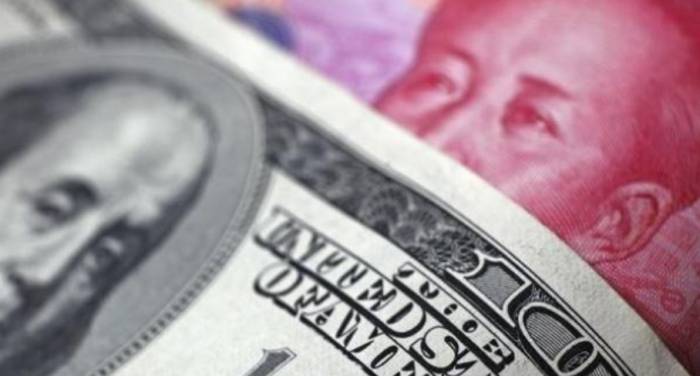
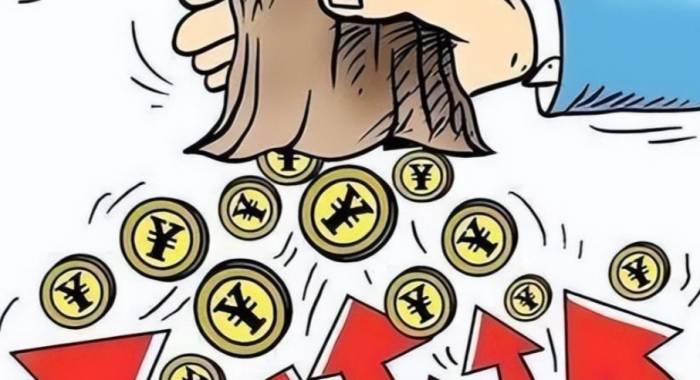
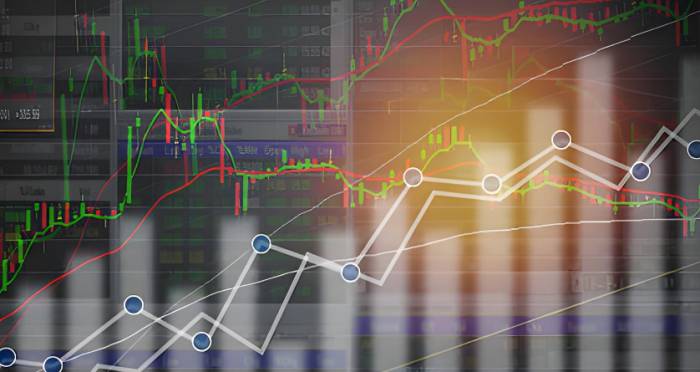
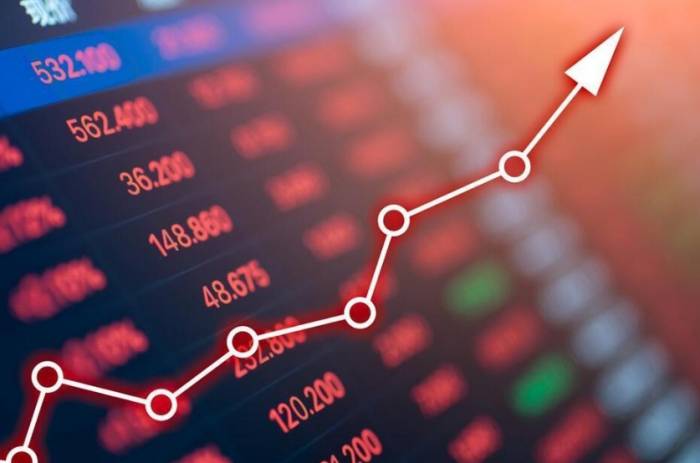

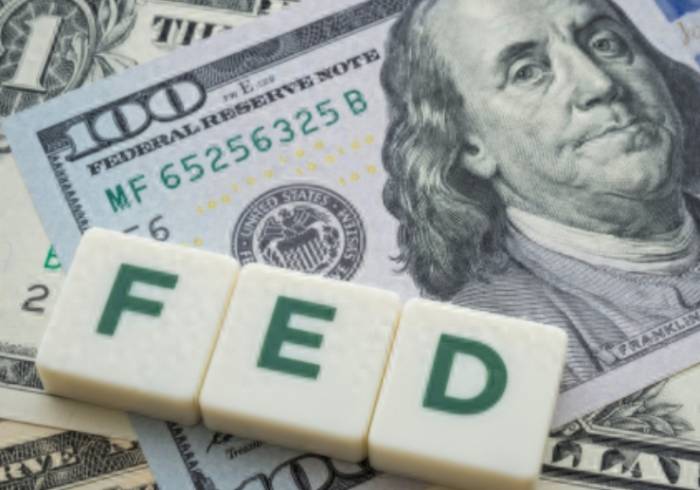
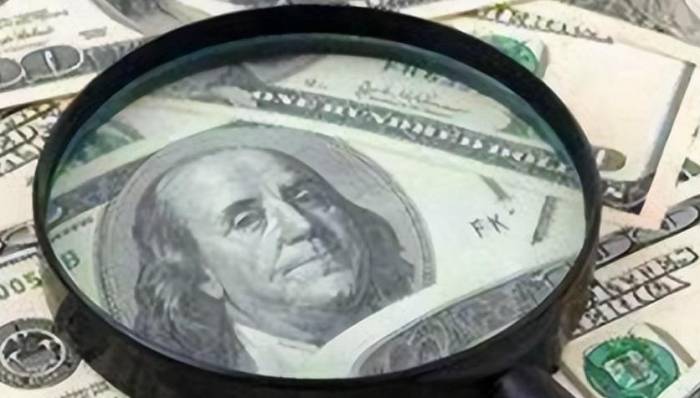


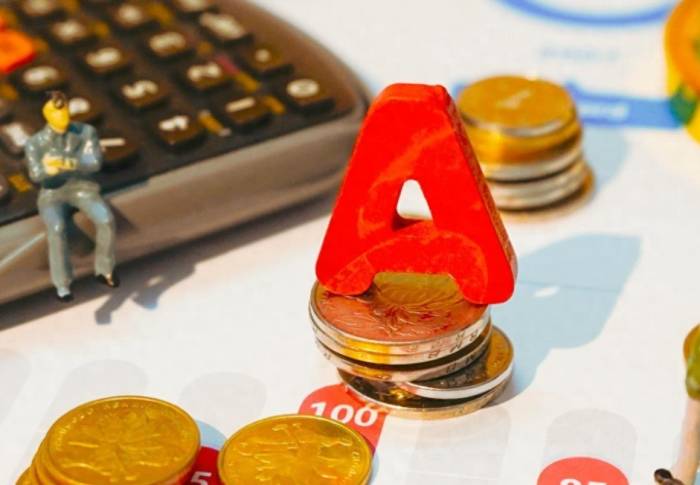


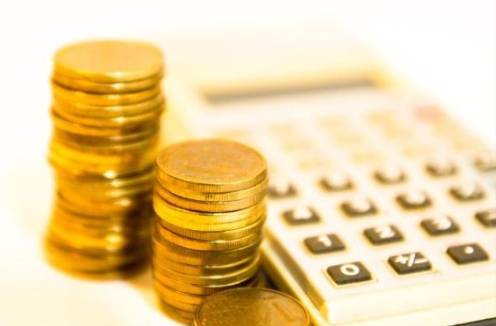
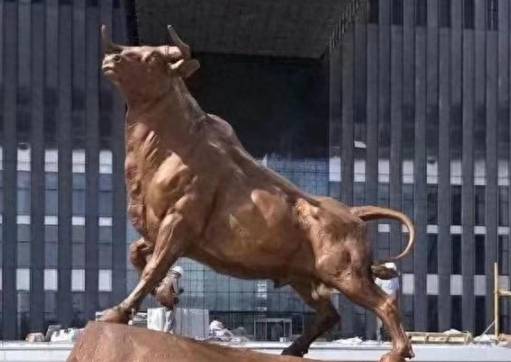
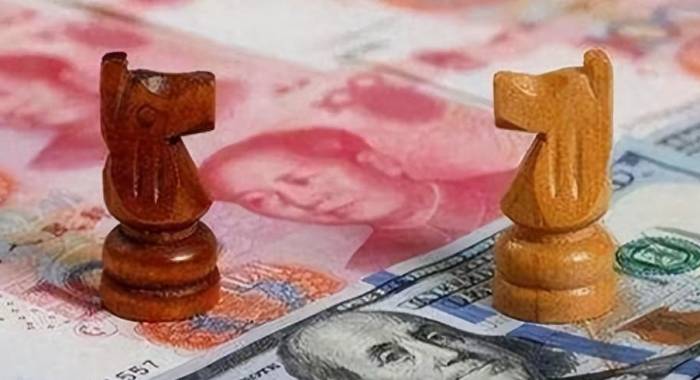
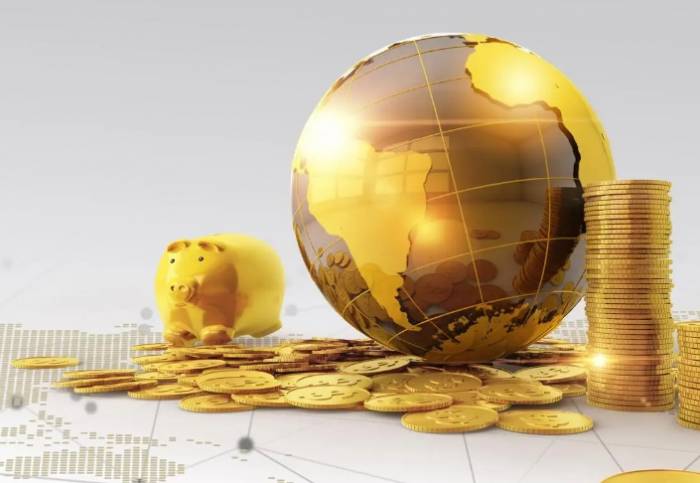
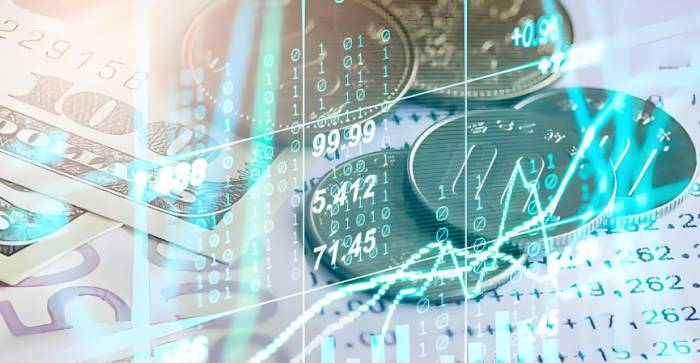
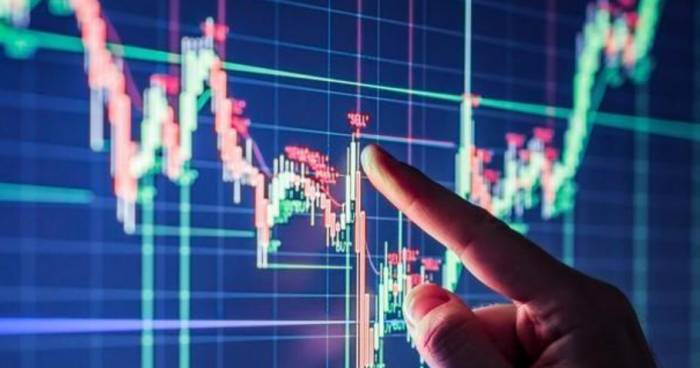

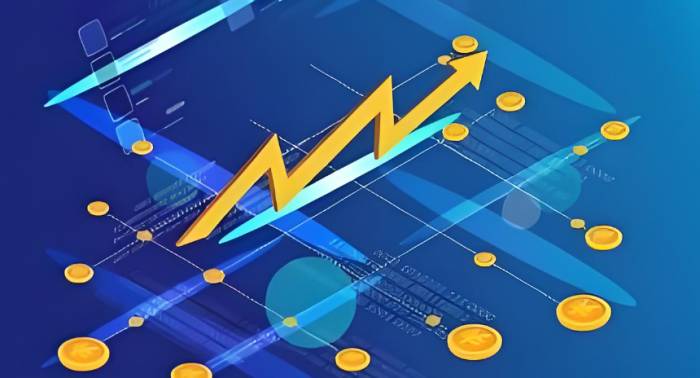
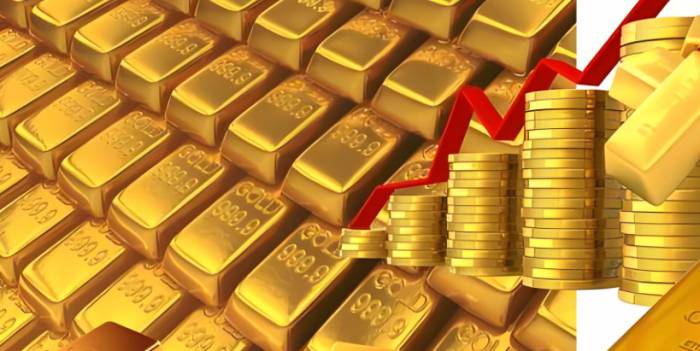

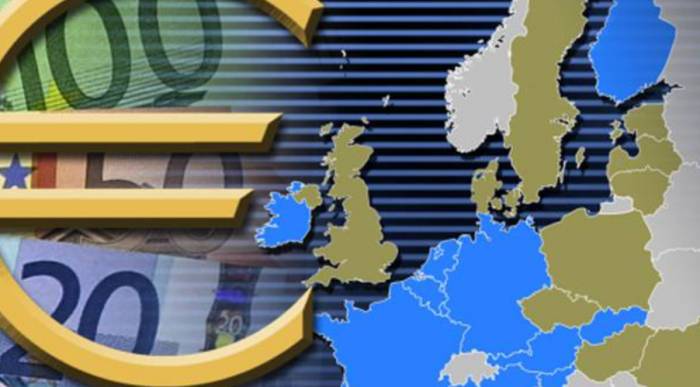
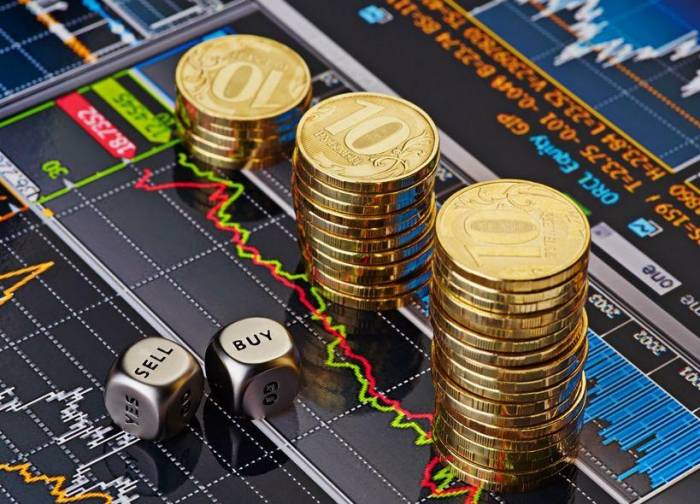
Comments
Leave a Comment